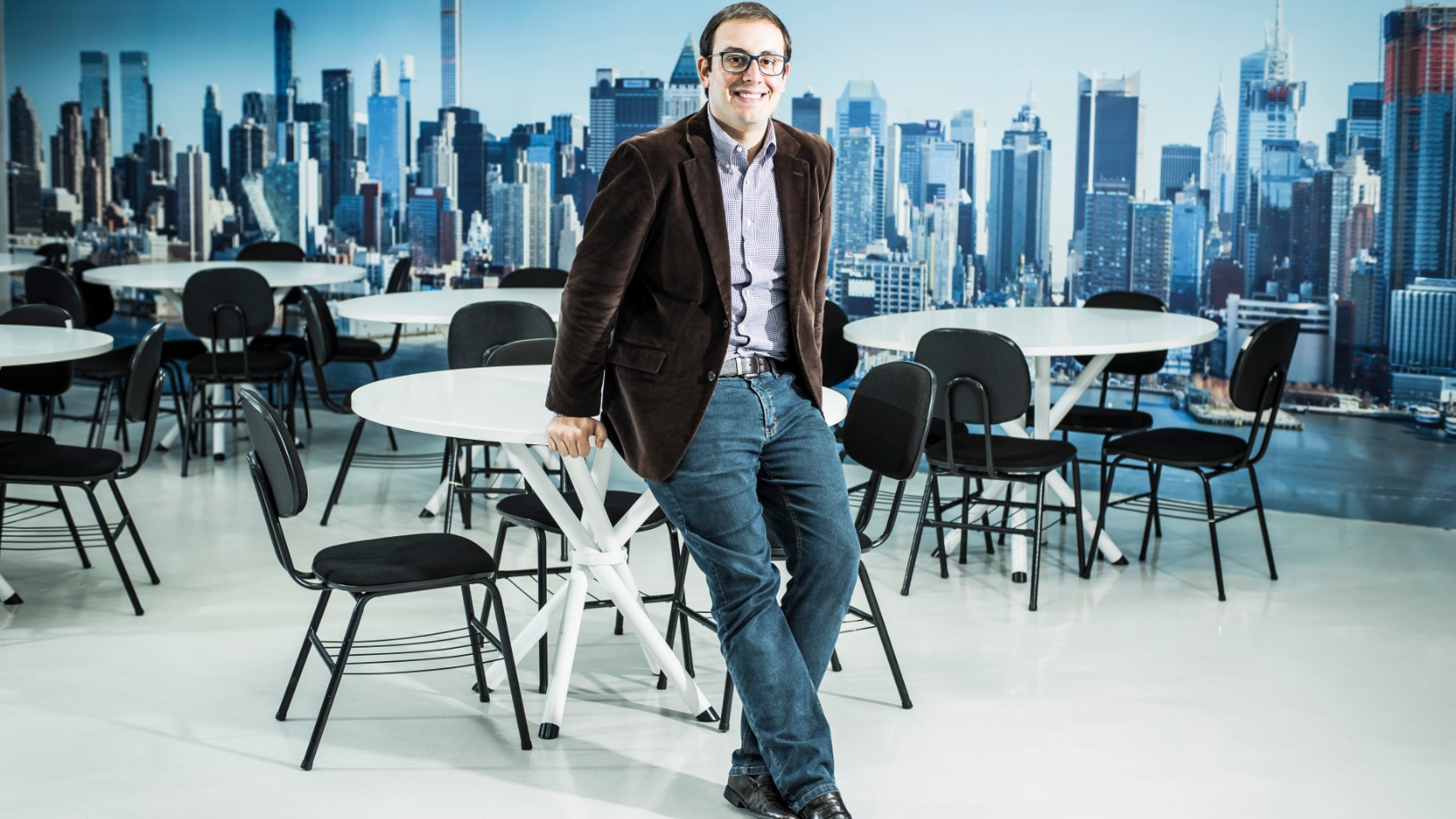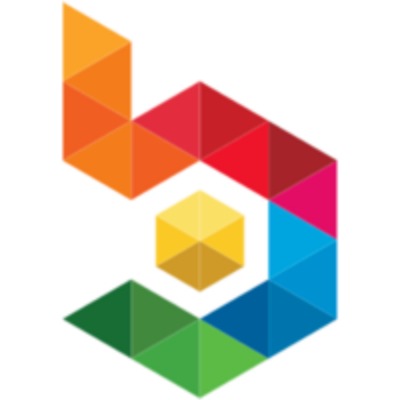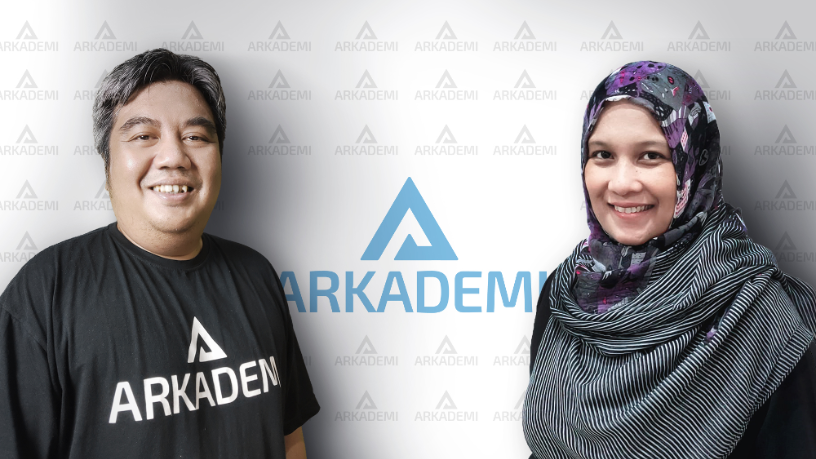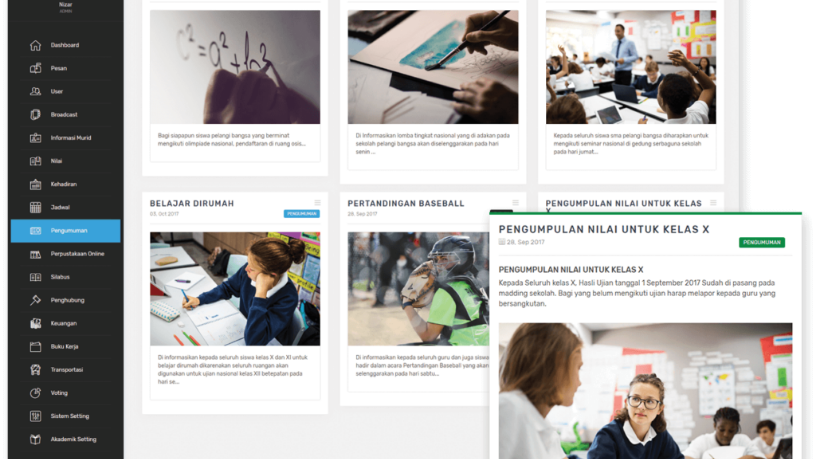Seeking to improve university education in Latin America by giving students the flexibility to choose courses across degree programs, as well as helping institutions save money through optimizing the use of resources across faculties, Brazilian edtech Blox has come up with an AI-based curriculum management platform that lets universities switch to a more flexible academic administration system.
Blox can be integrated with all ERPs of higher education (HE) institutes, applied across the curriculums. Given the freedom to choose their courses and personalize their degree programs, university, students are also less likely to drop out, Bruno Berchielli, CEO and co-founder of Blox said.
“We want to give education the same agility and the same interesting topics that we see in Silicon Valley, but in a flexible and gamified way,” said Berchielli, pitching at the recent South Summit 2020.
“In Brazil, and across Latin America, we’ve really rigid curriculums, where every subject is predefined by the institution and students don't have any freedom of choice within their degrees,” he said in an interview after South Summit. “This occurs at all levels of education, except for master's degrees and PhDs, causing frustration, leading to dropouts and acting as a drag on students' skill sets.”
Starting with just four HE clients prior to its launch in 2019, Blox is now used by 15 universities with a total of 35,000 students in Brazil. In August 2020, the company partnered with international publisher Pearson Education, a move expected to boost its expansion into other LatAm markets. The company is also planning a Series A funding round to raise R$6m, about $1.1m, in 2021 to fund the expansion, starting with Mexico, Berchielli said.
In response to the Covid pandemic that has forced many universities and colleges to suspend their offline teaching, Blox is scaling its online classroom features that are fully integrated with Google for Education and were upgraded in May. The majority of the Brazilian universities have halted in-person lectures at least till the end of the year, with many not set to restart as normal until March 2021, Berchielli said.
In 2018, Blox won consulting giant EY's Emerging Brazilian Entrepreneur of the Year prize and also reached the semi-final stage at the Global Edtech Startups (GES) Awards Competition. In 2019, Blox won the edtech entrepreneurship prize at São Paulo’s first EdTech Venture Day.
Teaching supply and demand
The idea to develop a more efficient and user-friendly curriculum management platform for higher education stemmed from Berchielli’s experiences studying abroad. At the University of Bologna, one of Europe's oldest universities at over 1,000 years old, there was complete flexibility to choose courses within degree programs, he recalled.
Together with his brother Leandro and banker Carlos Ricci, Berchielli co-founded Blox to help universities adopt a more flexible curriculum management and student allocation system. Leandro, an academic administrator based in São Paulo, decided to test the concept with the help of colleagues at FAPPES, the faculty of research and higher education.
Students were given greater autonomy to select courses that were initially not included in their degree programs. The research revealed that they were interested in courses that contained more job-focused and practical skills. “They bought the idea straight away, but we needed to test if it had a real-world fit,” Berchielli said.
A team of engineers, led by Berchielli who has a master’s in AI and digital technology management, completed building the Blox platform within a year in 2018. They also ran pilot projects at three Brazilian universities, Faculdade Sapiens, Jaguariúna University (UNIFAJ) and Brazilian Institute of Education in Public Management (IBEGESP). All three are still using the Blox smart management system today.
Cost was the main factor that drove the change. “In Brazil, the HE sector is a very competitive market with very low profit margins. A flexible curriculum is less expensive than a rigid one that accommodates fewer students in the classroom,” Berchielli said. By using Blox, universities can boost their contribution margins by 10% on average, resulting in savings of hundreds of thousands of dollars. In the case of Faculdade Sapiens, which put in place an entirely flexible curriculum, the improvement was 33%.
The Sapiens faculty, for example, has managed to increase its contribution margin by 33% by making its entire curriculum flexible.
“The higher the degree of flexibility within a university’s curricula, the better the margins because you end up creating more sharing of lectures among students from different programs,” Berchielli said.
Blox manages the efficiency of each classroom by maximizing student attendance for each topic’s lectures and based on that adjusts the allocation of each professor’s teaching hours to better match supply and demand. This makes the curriculum more profitable and flexible at the same time.
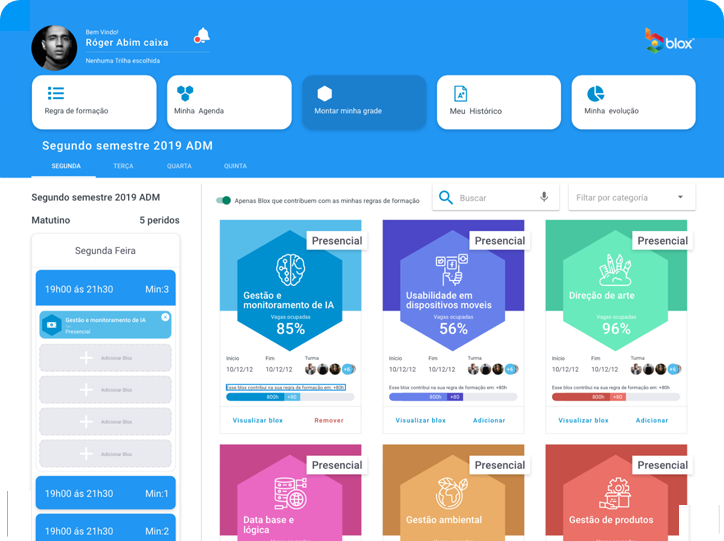
Minimize duplication
Blox seeks to optimize the workload of each professor, minimize duplication of classes and maximize the capacity of teaching facilities. “When you look inside a Blox-optimized classroom, for example in data science, you'll find students from different faculties like business, engineering and computer science who are grouped together based on their specialist topic interests included in their degree programs.”
This departs from the traditional system where universities offer several different types of subjects in each area, duplicating instruction as students only have to meet the requirement of passing a certain number of hours in an area, not subject.
Using Blox, every subject in the curriculum is mapped out according to its knowledge and functional areas, specific to career requirements. An algorithm is then applied to minimize the duplication of lectures for the same topics within the same university for students from different programs. Blox can also be pre-programmed to ensure that the flexible curriculum comply with accreditation criteria and quality standards of degree-awarding bodies and local university regulations.
Blox also provides separate dashboards for students and administrators. The student dashboard is personalized based on a recommendation system. Each student completes a user profile with information about their career goals to help them to navigate through the different academic options at the university. A recommendation list will be displayed in Netflix-style, showing elective options and topics with the best fit and the shortest pathway to the student’s career preferences. The algorithms will be continuously improved and refined as more data is collected from Blox’s current 35,000-strong student user base.
“We actually show the students how their choices can make their areas of knowledge stronger or weaker, much like a video game where you have a player with several skills, measuring how each choice moves their skills in a certain direction,” Berchielli said. “In their personal dashboards, they’ll see how much emphasis they are giving to competencies and technologies compared to the other students within the same programs.”
Blox is also configurable according to each student’s learning needs. Varying levels of flexibility is offered to match each student’s educational profile. For example, more options will be made available to more advanced students and fewer to freshmen, helping them to gradually ease themselves into a flexible curriculum.
Feedback from universities showed that they were able make profound changes in how they create the curriculum, with subjects becoming more like nano-degrees and far more focused on specific topics due to cross-degree student participation. "Instead of offering general programs as they have done for the past 30 years, they are now offering, for example, neuromarketing for Google Ads,” he said.
More demand
Blox has in-built features for running online classrooms including virtual blackboards, online tests and surveys, sub-groups and a “silence or mute” student device. The instructors have sole control of their own virtual classrooms, sharing resources and archives as needed. “The combination of personalization possibilities grows immensely in distance education when compared to physical classrooms, increasing additional class options several fold,” Berchielli said.
The outlook for Blox remains optimistic. “Several institutions are waiting to sign contracts as soon as in-person learning returns because our platform will help them to boost their students-per-classroom ratio which is a profit metric,” he said. “Given the current economic forecasts, universities will be looking to enhance their economic sustainability.”
Overall, the year has been positive. Blox was selected to join Google for Startups Accelerator in São Paulo that includes a year's free access to Google technology and support services. In February, Blox secured seed funding of R$1.7m from investors including Edu Capital from France and local VC firm Concept Investments.
Blox currently offers trials of its SaaS packages, generating revenue based on each client’s number of active student users. There’s also a one-off setup fee for ERP integration and the fulfillment of regulatory and accreditation requirements. For example, Brazil’s FE college market is undergoing reforms, requiring 40% flexibility to be included in the FE curriculum.
“There are over 2,000 different universities in Brazil alone, so it's a huge market. When we have Brazil as a mature market for the solution, we will expand to Mexico and possibly several other South American nations,” Berchielli said. “Mexico, in particular, has several similarities to Brazil like the price points and tuition fees of universities, the percentage of students attending university and of course, curricular inflexibility.”
